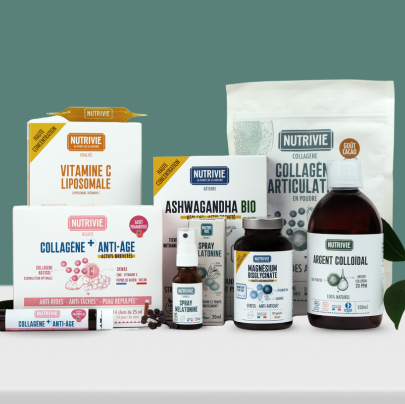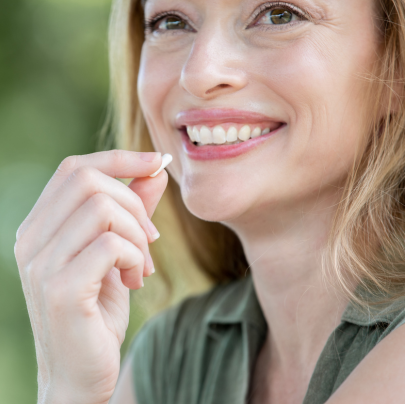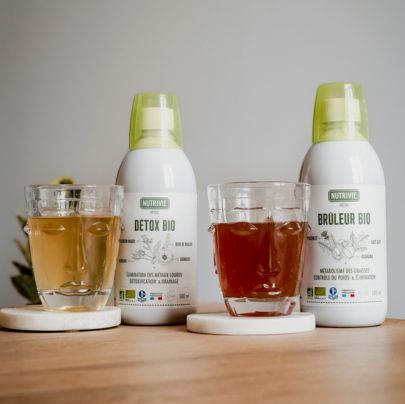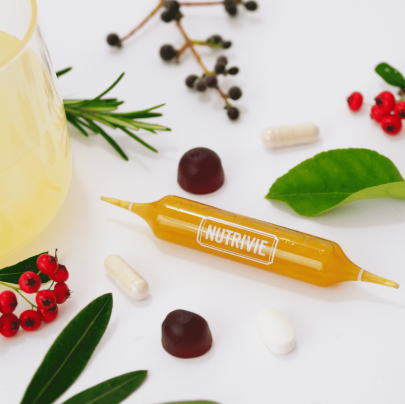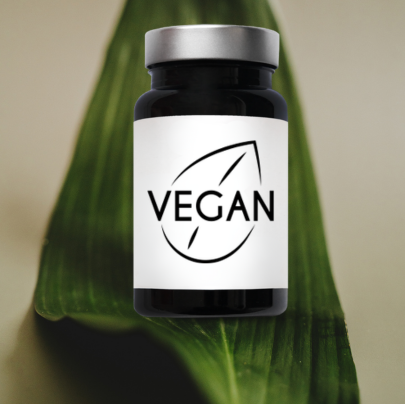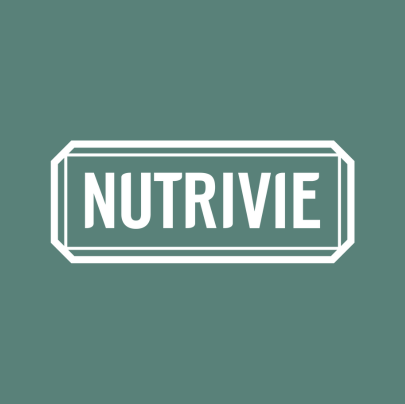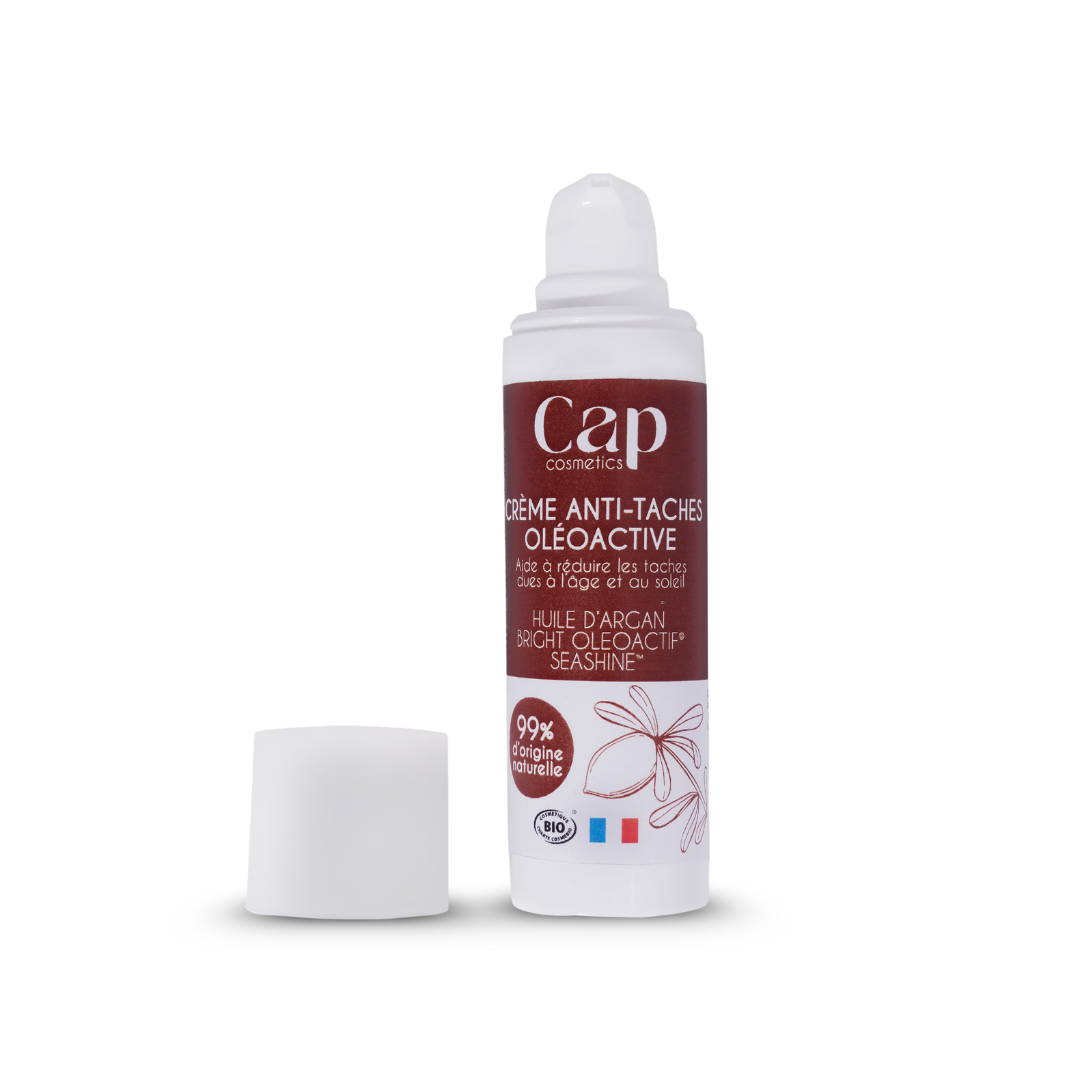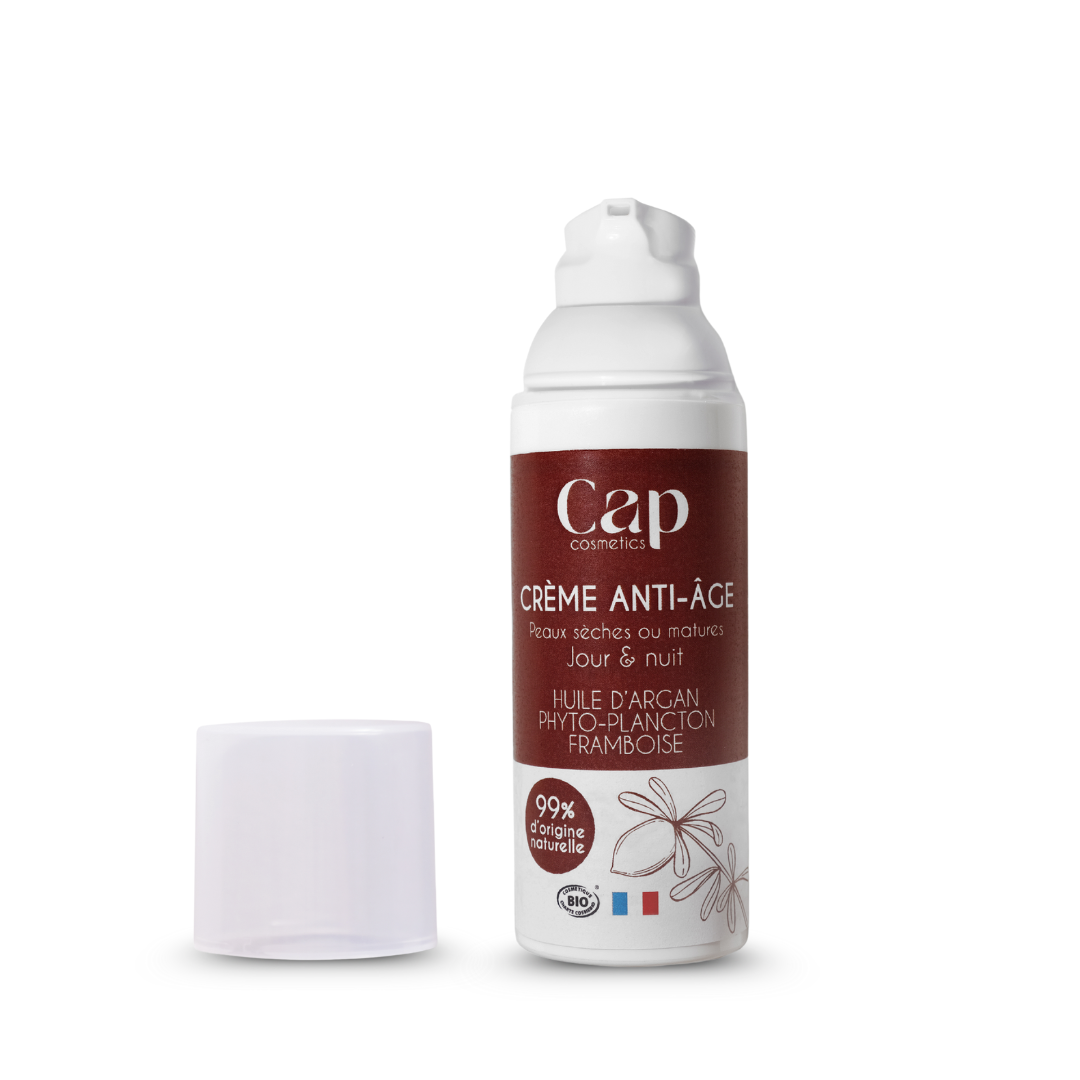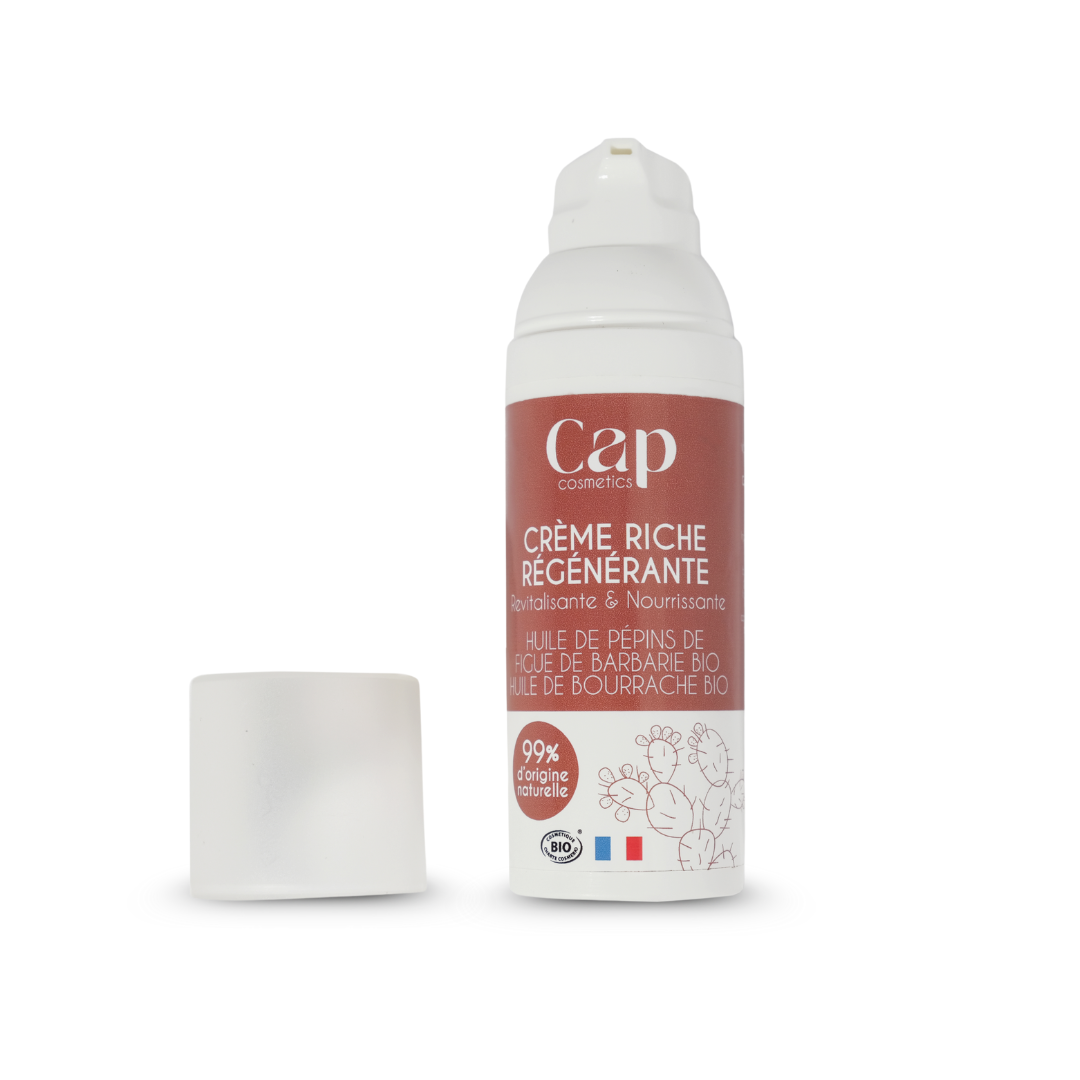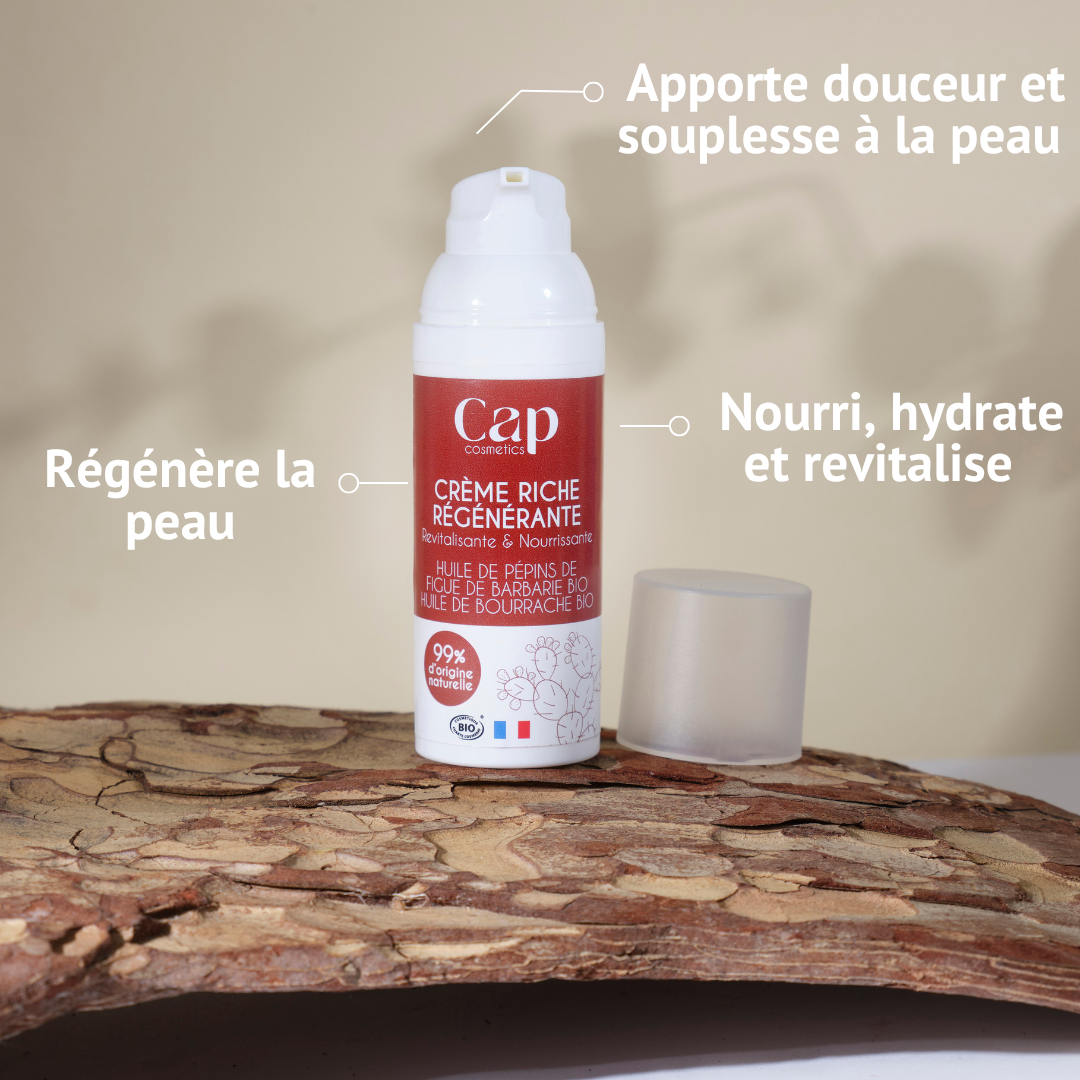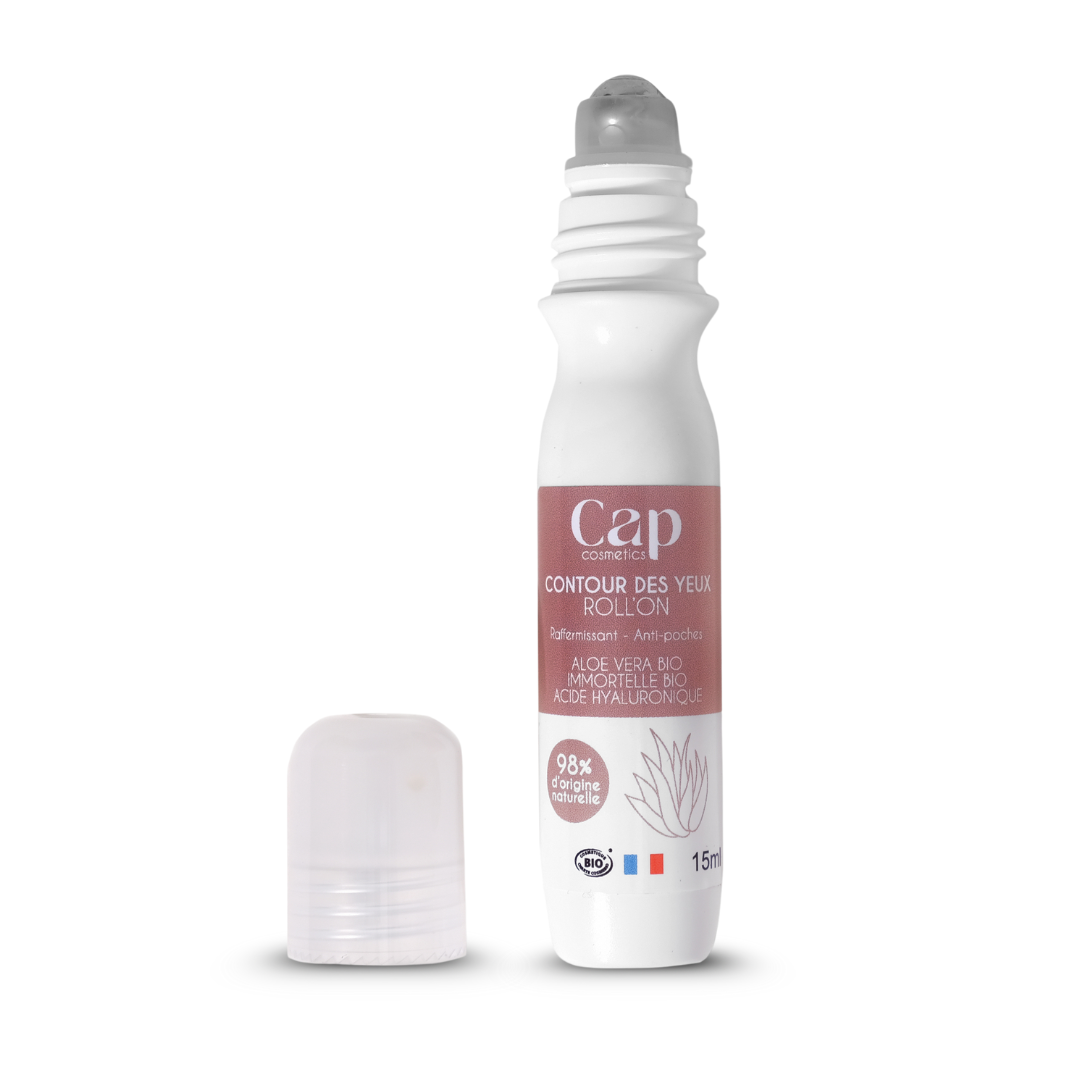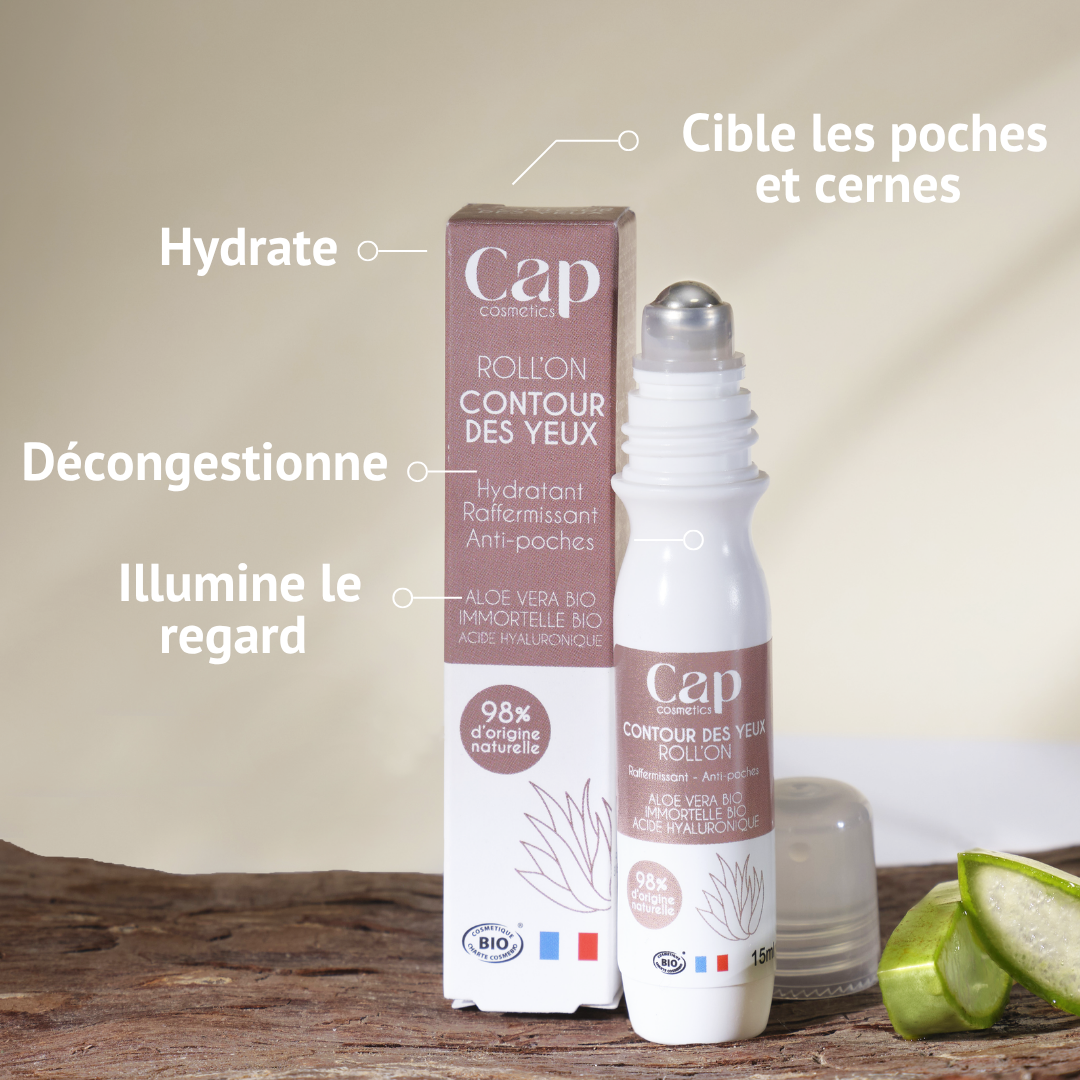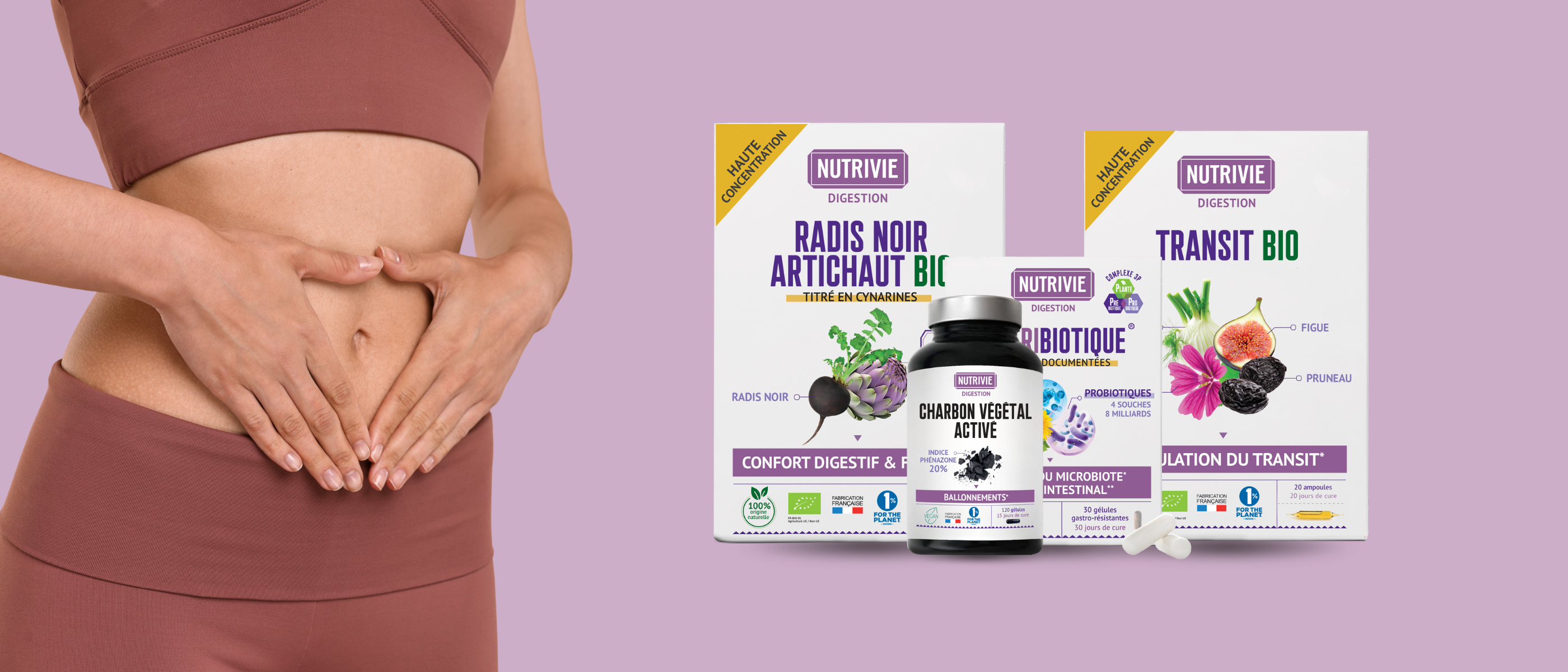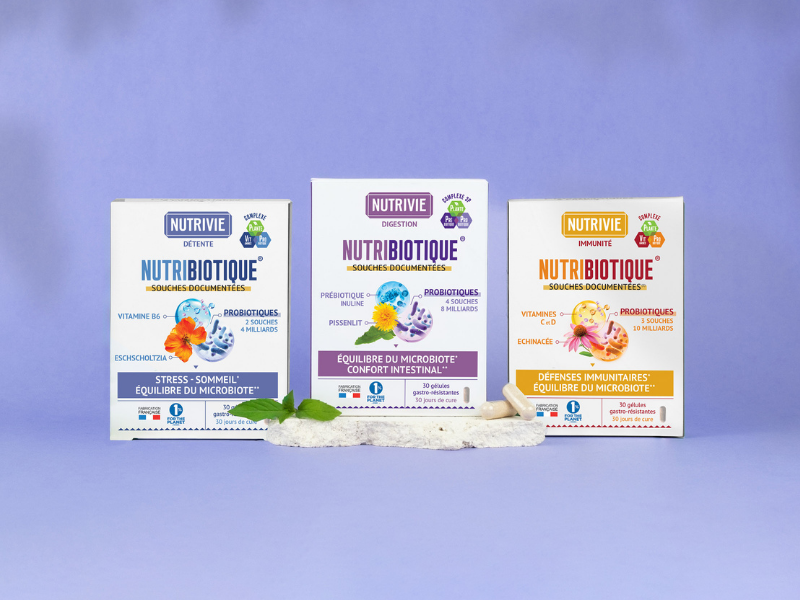Known to everyone in the food industry (including dietary supplements) and increasingly in the cosmetics industry, the organic certification of the products we buy is increasingly visible and plays an important role in our consumer choices. But what do these logos really mean? What are the criteria that ensure the quality of these products?
Here are some answers...
It's important to know that organic product specifications (called standards) are defined by product category. Therefore, the "rules" imposed will not be the same for a food product, a cosmetic, or a detergent.
In cosmetics, at the moment, there is no There is no established law in Europe on the organic label . However, various organizations offer certification standards.
These benchmarks are all based on the same principles:
- Priority given to ingredients of natural origin and ingredients from organic farming (minimum percentage to be respected).
- Minimized synthetic ingredients (preservatives).
- Manufacturing processes that respect people and the environment.
- Clear and complete product labeling, with the aim of ensuring total transparency of product contents.
- Production and storage units inspected at least once a year by impartial auditors.
Explanation of the logos:
Quality France , ECOCERT (France) and BDIH (Germany).
These are the main certification bodies. They offer their own private standards for cosmetic products.
These products can be recognized by the logo affixed to them:



Cosmebio
Cosmebio is a French association of cosmetics manufacturers. A company can choose whether or not to join by paying a membership fee, and thus have the right to use their logo. It must then present a certificate issued by an approved organization (Ecocert, Qualité France, etc.).
There is no additional added value in the product, the criteria are identical to those imposed by the certification body.

The arrival of COSMOS Organic…

The proliferation of organic standards in cosmetics (and associated logos) quickly showed the need for international harmonization.
Also, in order to limit the phenomenon of greenwashing, several European certification bodies have joined forces to draw up a common reference framework, called COSMOS (COSMetic Organic Standard) .
The latter has become mandatory for new products released on the market since January 1, 2017, among the main European certification bodies: Ecocert, BDIH, Soil Association (Great Britain), ICEA (Italy). Other organizations, such as Qualité France, have subsequently joined this group in order to harmonize their practices.
The COSMOS standard follows the same principles as those mentioned previously, while adding criteria linked to the current evolution of cosmetics and ingredients.
Example: palm oil must come from the RSPO (Round Table for Sustainable Palm Oil) sector, the ingredients must have significant biodegradability (thus limiting the impact of their use on the environment, such as shower gels for example).
To help consumers make their choice, the logos of certification bodies are now adorned with the words "COSMOS ORGANIC", a guarantee of compliance with this European standard.

